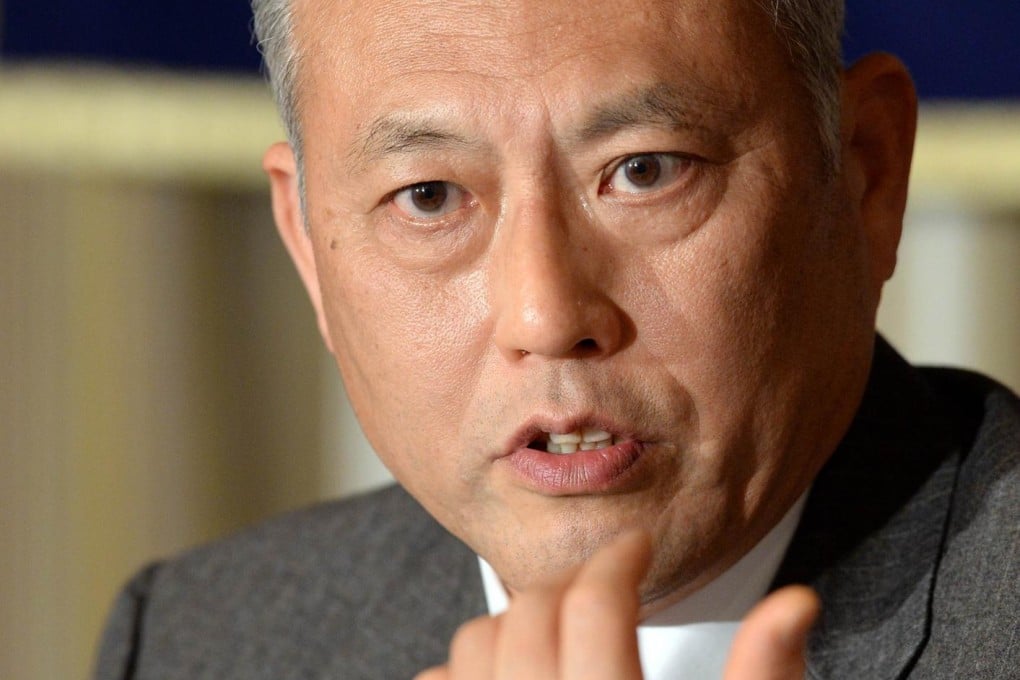Tokyo governor Yoichi Masuzoe to visit Beijing next week
Yoichi Masuzoe wants to improve relations through city-level diplomacy, but there are doubts that it will lead to a breakthrough

Newly elected Tokyo governor Yoichi Masuzoe yesterday announced he would visit Beijing next week on a trip that will be closely watched in China and Japan for ways to mend rocky bilateral relations.
The trip comes on the heels of a visit by Hu Deping - widely seen as a special envoy from Beijing - to Japan, where the "princeling" held a private meeting with Japanese Prime Minister Shinzo Abe last week.
The two visits are seen as back-channel efforts by the Asian neighbours to repair ties amid a lack of high-level exchanges since maritime disputes and historical grievances caused the bilateral relationship to plunge to a new low. Scholars, however, remain sceptical that a diplomatic breakthrough is imminent.
Masuzoe said yesterday that he would visit Beijing between Thursday and Saturday next week.
Boosted by support from Abe's administration, Masuzoe won a landslide victory in February and replaced Naoki Inose, who resigned in December because of a loan scandal, as Tokyo governor.
The former health minister said last month that he wished to improve the relationship between China and Japan through city-level diplomacy and that he would like to co-operate with Beijing in tackling the city's air pollution.
